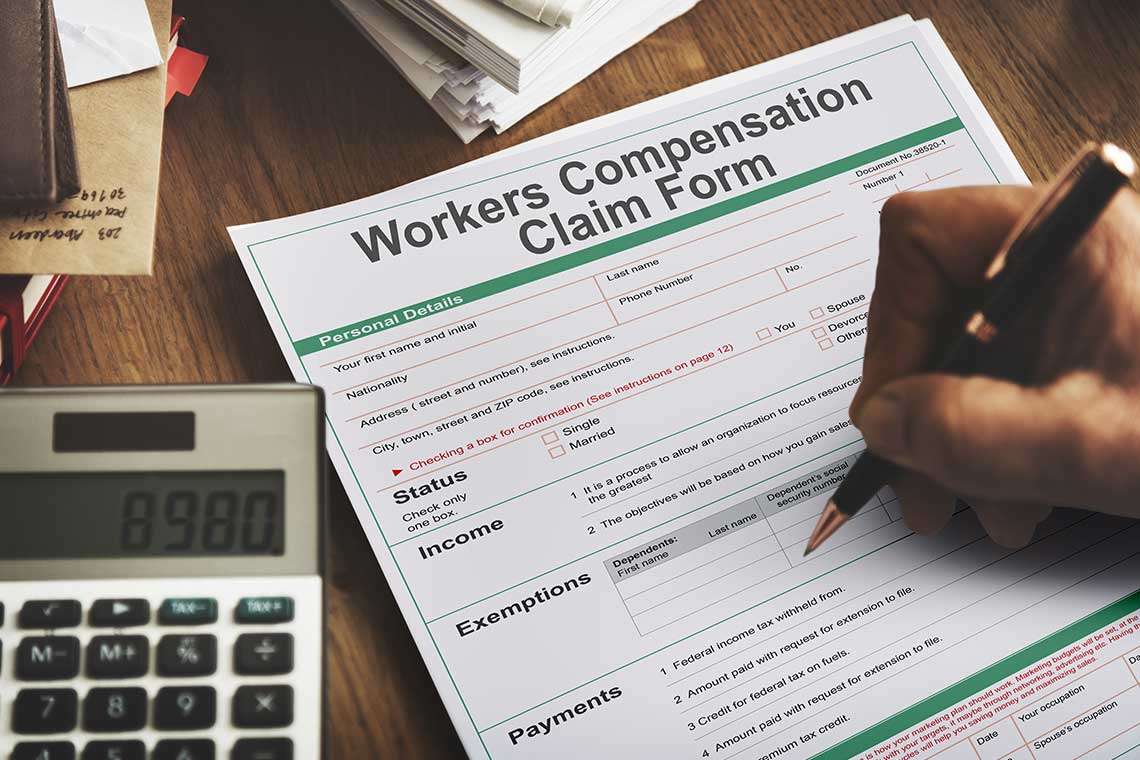It’s No Bargain

On August 13, a Florida court declared that the state’s workers’ compensation system was unconstitutional and an inadequate alternative to allowing workers to take their employers to court for injuries and illnesses caused by employers’ negligence or, as is too often the case, reckless indifference to health and safety. Many injured workers I have interviewed over the last decade would never have thought they would see the day when a court finally said that the emperor has no clothes.
For the last century, workers’ compensation systems have been the exclusive remedy for workers hurt or made ill on the job in almost every state in the United States, meaning that workers are not allowed to go to court. At best, workers’ compensation was always a compromise. Workers were supposed to receive modest but guaranteed and timely partial wage replacement payments and medical care in exchange for giving up their right to sue employers for any negligent actions that led to their injuries. Employers gained a “risk management” strategy exchanging unpredictable lawsuits for the obligation to insure workers against all work related injuries regardless of the cause of injury. But many labor leaders have been less than impressed with this so-called “grand bargain” between workers and employers.
Workers’ compensation schemes were never truly adequate. In 1972, the National Commission on State Workmen’s Compensation Laws, created by President Nixon, reported that “State workmen’s compensation laws are in general neither adequate nor equitable,” and laid out 19 essential recommendations that states would need to enact in order to make sure that they adequately and equitably meet injured workers’ needs. Instead, 42 years later, we are in many ways worse off: state workers’ compensation systems have become deeply abusive and irrational. Over the last few decades, employers and insurers have persuaded state legislators across the country to take benefits away from workers, make healthcare harder to get, and cut some workers out altogether. Scores of workers face severe delays in this supposedly “timely” system, often making them sicker and deepening their injuries because they can’t access care. And some workers face even more harrowing experiences finding insurance companies spying on them and spending untold resources to try and “prove” that sick and injured people shouldn’t receive support from the system.
The workers I have interviewed haunt me. There is the woman, still young, who just needed simple laser surgery on her knee after a workplace accident, but faced so many delays she needed a knee replacement. There is the man who lost his home and marriage because of the severe stress of going without any income for more than two years as he waited for his case to resolve. There is the twenty-five-year-old immigrant with three children who needed a lung transplant because he was locked in a supermarket night after night using harsh cleaning chemicals with no ventilation, and has no way to support his family. There is the thirty-five-year-old woman with a back injury who found herself at a hearing where the insurance company introduced records of an abortion she had at age 17 to see if she would be shamed into withdrawing her case. I have met workers whose lives were not just upended, but destroyed, when they found themselves reliant on workers’ compensation.
It should not be entirely surprising that a court finally found that the “grand bargain” between labor and capital has been so severely violated that Florida’s Workers Compensation law is unconstitutional. The choices Florida’s legislature has made to slash benefits and make healthcare painfully difficult to access mirror choices made by most states. The decision is a clear sign that employers and insurers have become so powerful and confident that they risk overplaying their hand. And the decimation of workers’ compensation systems has been paired with increasing and inhuman disregard for the health and lives of workers. Every day, workers across the country struggle to meet their needs and maintain their dignity as their medical treatments are delayed and denied, they face threats, humiliation, and retaliation at work, and they and their family members shoulder the weight of debt, poverty, and depression.
The abuse faced by injured and ill workers needs to come out of the shadows and receive the attention it deserves. Ten years ago, I sat down for my first interview with an injured worker. That worker told me a story so outrageous and convoluted that I worried about his mental health. But, as I continued to interview workers, more than 100 injured workers that year alone, we heard similar stories of abuse over and over again. It became clear that the system is inflicting tremendous harm on the very people it is supposed to help. Regardless of the impact of this particular decision, the reality is that this court is right. All people have basic human rights to economic security and healthcare. Workers’ compensation systems are violating these rights throughout the country. The court’s decision should be a wake-up call to find meaningful solutions to this crisis. Whether that involves improving workers’ compensation or ensuring these rights for workers through other means is the question that we need to answer.
This op-ed appeared in The Palm Beach Post.
